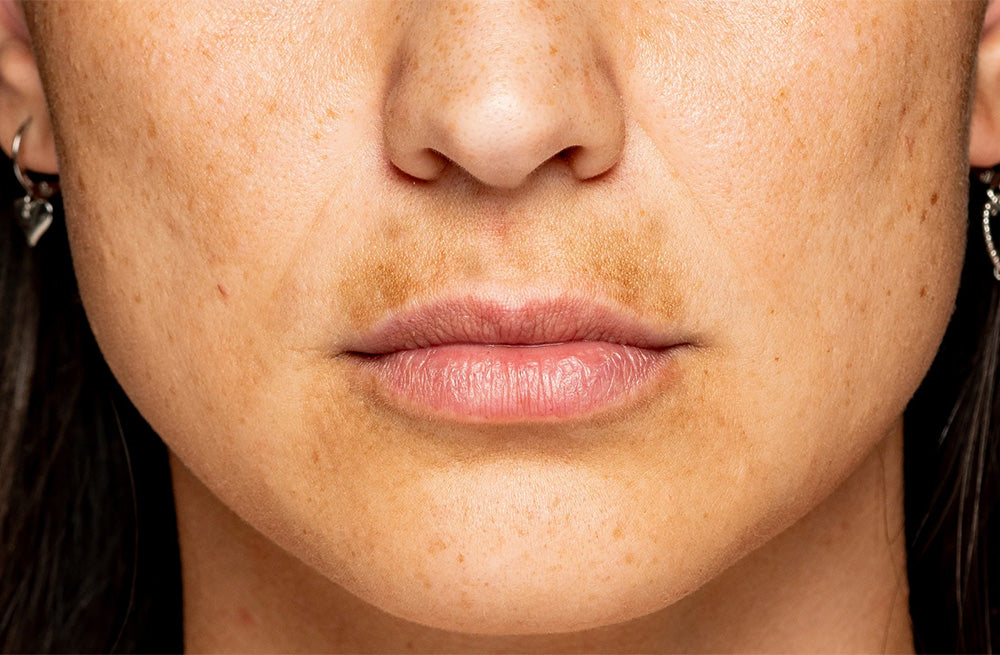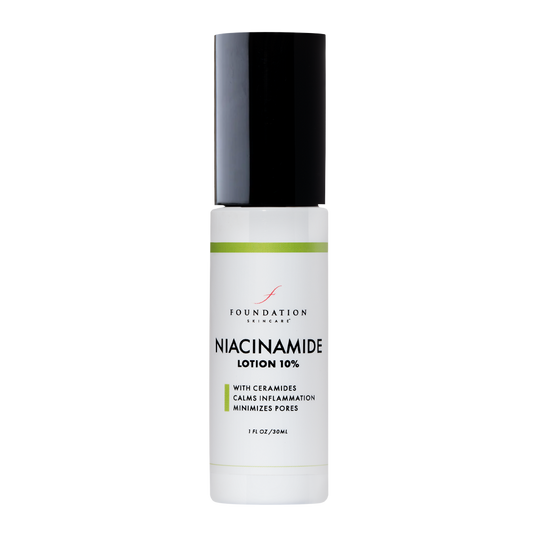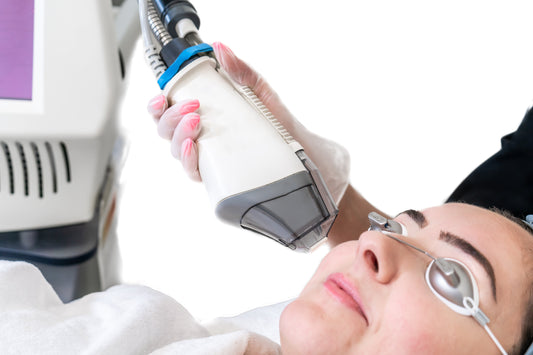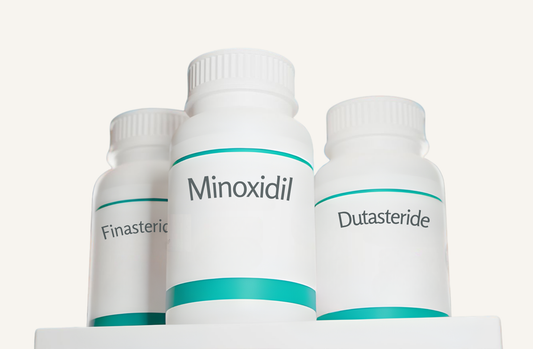Melasma mustache, also called a sun mustache, is a common skin condition characterized by dark patches resembling a mustache on the upper lip area. This hyperpigmentation can be distressing and impact your self-esteem and confidence, but it can also be effectively managed with the right skincare routine and proactive solutions. Keep reading to find what a melasma mustache is, how to identify it, and most importantly, how to clear it using targeted skincare products and sun-safe lifestyle habits.
What is a Melasma Mustache?
A melasma mustache refers to the presence of dark patches or discoloration on the skin around the upper lip area, resembling a mustache. It is a type of hyperpigmentation that occurs due to an overproduction of melanin, the pigment responsible for skin color. While it can affect anyone, melasma mustaches are more common in women, particularly those with darker skin tones and hormonal fluctuations, such as during pregnancy or with the use of oral contraceptives.1
According to experts at the Cleveland Clinic, a melasma mustache is often caused by a “complex interplay” of genetics, sun exposure, hormonal influences, certain medications, and even thyroid conditions which disrupt molecular signaling within the skin.2
Identifying Melasma Mustache: Signs and Symptoms
The primary sign of a melasma mustache is the presence of dark, irregular patches on the upper lip area. These patches may also extend to the cheeks, forehead, and chin. Melasma typically appears as symmetrical patches and may worsen with sun exposure.
Signs and symptoms of a melasma mustache:
- Persistent discoloration above your upper lip
- The color is typically brown or grayish-brown
- No itching, burning, or other physical sensations are present
Niacinamide Lotion 10%
• Helps retain moisture and elasticity
• Reduces inflammation & redness
Sale price
$45
Understanding Pigmentation
To effectively manage a melasma mustache, it’s critical to understand how pigmentation works. Melanin is produced by melanocytes, specialized cells in the skin. When melanocytes become overactive or damaged, they produce excess melanin, leading to hyperpigmentation. Factors such as hormonal changes, sun exposure, and genetics can all contribute to this process.
While we all roughly have the same number of melanocytes, the amount of melanin these melanocytes produce varies person to person. Higher melanin production typically results in darker shades of skin, hair, and eyes.
How to Clear Melasma Mustache
Does a melasma mustache go away? With the right skincare products and lifestyle habits, it is possible to lighten or even eliminate a melasma mustache. In some cases, a melasma mustache may even go away on its own if it’s caused by something temporary like pregnancy or a certain medication (like birth control).
Some of the best products to lighten melasma and other forms of hyperpigmentation are niacinamide, azelaic acid, and vitamin C.
Niacinamide is a B vitamin with anti-inflammatory properties. It helps fade hyperpigmentation like melasma and brightens skin by reducing melanin deposits. Additionally, it increases ceramides to strengthen the skin barrier and improves cellular energy production for DNA repair. Foundation Skincare’s Niacinamide Lotion 10% contains a powerful concentration of niacinamide and is formulated with ultra-hydrating hyaluronic acid, which increases moisture in the skin.
Azelaic acid helps melasma by inhibiting an enzyme called tyrosinase, which increases melanin synthesis. Like niacinamide, azelaic acid also has anti-inflammatory and antibacterial qualities. Foundation Skincare’s Azelaic Acid 14% Cream is considered a medical-grade product because it contains the highest amount of the active ingredient available over the counter. Despite its high concentration and efficacy, it is safe for all skin types, even sensitive skin (although you may have to build up gradually by using it on alternate days to start before moving on to using it twice daily).
Another useful product is topical vitamin C. Like azelaic acid, vitamin C also inhibits tyrosinase to suppress melanin synthesis and fade hyperpigmentation like melasma. In addition to its brightening effects, vitamin C also stimulates collagen production to fight premature aging (another side effect of too much sun exposure). Foundation Skincare’s Vitamin C Lotion 20% is a dual formulation that combines a potent concentration of vitamin C with a moisturizing base. The product also contains vitamin E for an extra antioxidant boost.
If you want even more support, consider taking an oral supplement like Foundation Skincare’s Pigmentation Defense and/or Foundation Skincare’s Spectrum. Pigmentation Defense is a daily supplement that helps to improve skin tone and fade hyperpigmentation with its a custom blend of antioxidants, vitamins, and herbs. It contains ingredients like vitamin C (as ascorbic acid), and vitamin E to help balance melanin production while repairing skin tissues.
Spectrum is also taken daily to provide you with plant-based antioxidants like Polypodium Leucotomos (PL) Extract and Milk Thistle as well as key vitamins like nicotinamide, which work together to lighten hyperpigmentation and support skin health from the inside out.
If your melasma persists, you may want to explore more invasive cosmetic procedures like chemical peels, microneedling, and laser treatments to accelerate the fading process.
Lifestyle Tips for Managing a Melasma Mustache
In addition to skincare products, certain lifestyle changes can help you manage and help fade your melasma mustache. These include wearing hats and sunglasses outdoors to minimize sun exposure, always wearing sunscreen with a high SPF (ideally 50+), and seeking alternative options to hormonal contraceptives if your doctor deems this is safe.
Some research also shows that melasma can be triggered or exacerbated by stress.3 Therefore, managing your stress levels and practicing relaxation techniques like yoga, deep breathing, or meditation may inadvertently help fade this discoloration.
Achieving Clear & Radiant Skin
By investing in a customized skincare routine, identifying melasma triggers, and practicing sun-safe habits, it is possible to achieve clear and radiant skin with a more even tone. However, patience and diligence are key, and results may take time. Remember to consult with a dermatologist for personalized advice and melasma mustache treatment options if you still need more support.





